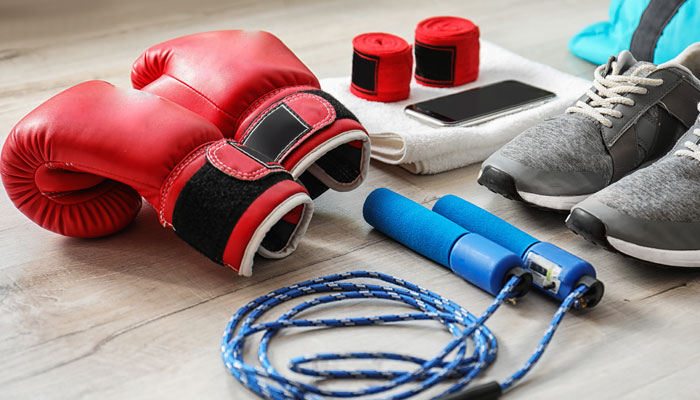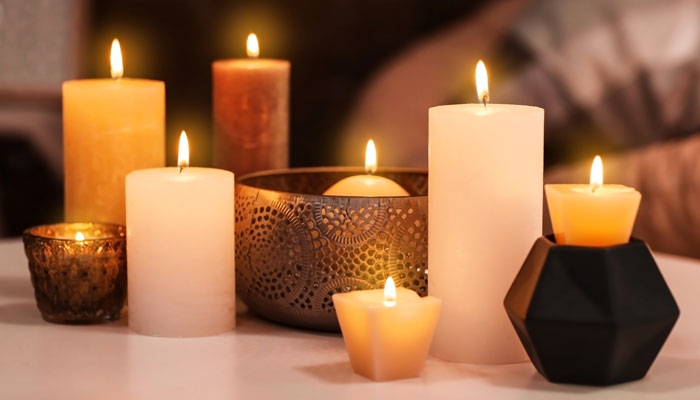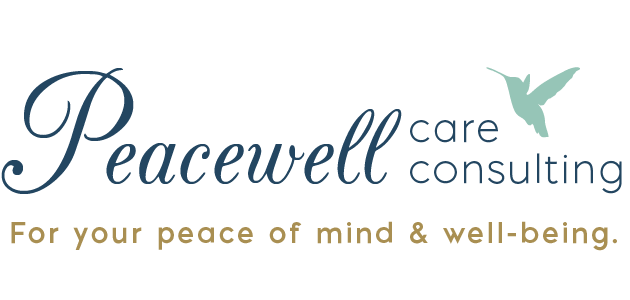Aging Well Long Island
Helpful tips for family caregivers
April/May 2019
While you worry about your loved one with dementia, it’s natural to wonder about your own future and risks as well. This month we look at things you can do to potentially delay the onset of memory problems. Similarly, we focus on Parkinson’s disease. Although there is no cure, evidence is mounting that forced-pace exercises can prolong the period of more fluid movement and balance for those who have Parkinson’s. Last, in honor of National Healthcare Decisions Day, we discuss the “spiritual” advance directive: those more personal requests about the end-of-life experience.
- Keeping your marbles: reducing dementia risk
- Fighting Parkinson's with exercise
- "Spiritual" advance directive
Keeping your marbles: reducing dementia risk
 If you have a relative with Alzheimer’s or one of many other dementia conditions, it’s natural to wonder about your own risk.
If you have a relative with Alzheimer’s or one of many other dementia conditions, it’s natural to wonder about your own risk.
While there is no cure as yet, there is increasing evidence that lifestyle changes in middle age may do a lot to delay the onset of memory loss.
The plaques and tangles of Alzheimer’s, for instance, appear to start accumulating in the brain decades before symptoms show up.
There is plenty you can do.
One of the foremost findings of prevention research is that heart health and brain health are strongly related.
- Get physical.
Brain cells need lots of oxygen to fire properly. This is probably why 20% of the blood pumped by the heart goes to the brain. Aerobic exercise keeps the blood circulating well. This supports overall brain function and reduces high blood pressure and the chance of stroke or vascular dementia. - Guard your sleep.
Evidence is mounting that sleep is essential to brain health. It’s when our brains do important cleanup, getting rid of the daily buildup of sludge. While it’s tempting to squeeze more hours out of the day, your brain needs you to sleep! - Take depression seriously.
Mental health also affects brain health. Depression is very common in middle age, and it’s treatable. If you find yourself feeling blue and apathetic, talk with your doctor. - Learn new things.
“Use it or lose it” applies to our brains and thinking capacity too. Continue to learn new skills, especially in social settings. Taking classes seems to delay the onset of memory and thinking problems. Challenge yourself!
It looks like it’s never too early to start your own risk reduction program. And it’s also never too late. The benefits accrue no matter when you start, but get going now for the best advantage.
Return to topFighting Parkinson's with exercise
 If your loved one has Parkinson’s disease, you have likely observed physical symptoms such as tremors, slowed movement, and poor balance. In addition to treatment with medication, evidence is mounting that exercise itself can reduce or delay progression of these symptoms. Even as little as 2.5 hours of physical activity a week.
If your loved one has Parkinson’s disease, you have likely observed physical symptoms such as tremors, slowed movement, and poor balance. In addition to treatment with medication, evidence is mounting that exercise itself can reduce or delay progression of these symptoms. Even as little as 2.5 hours of physical activity a week.
Benefits and types of exercise
The benefits of exercise include smoother and quicker movements and improved balance and coordination. Plus, exercise can ease depression, which is so common in Parkinson’s. It’s not a cure for Parkinson’s. But overall your relative will simply feel better.
There is no one “best” exercise for Parkinson’s. The goal is to get going on some kind of activity and keep going over the long term.
Have your relative talk with his or her doctor and get a referral to a physical therapist specializing in Parkinson’s. The therapist can suggest exercises best suited to your loved one’s likes and needs, such as
- boxing. Punching a bag reinforces confidence and fast, coordinated movements. No hitting of others!
- dance. Allows for creativity while also promoting agility.
- rowing or tandem cycling. Doing it with others can help ensure a pace that builds stamina. A stationary bike with a forced pace may work as well.
- tai chi, qi gong, and yoga. These activities support better balance.
Reach a bit, push a bit
Your loved one may prefer to start with something more familiar, such as walking or swimming. The key is to get moving! With Parkinson’s, movements gradually become more restricted. Research indicates that a “forced-pace” activity that feels to the person a little harder than they can do is more likely to extend ease of motion.
A physical therapist can design and monitor a program that strikes the balance between too much and too little.
Return to top"Spiritual" advance directive
 Every adult needs to complete an advance directive (and that means you, too!). It is the health care planning document that medical professionals follow if a patient becomes too ill to speak for him or herself.
Every adult needs to complete an advance directive (and that means you, too!). It is the health care planning document that medical professionals follow if a patient becomes too ill to speak for him or herself.
An advance directive gives your loved one the option to name someone as decision maker. And it is the place to state preferences regarding life-sustaining treatment.
More than medicine
Death and dying is more than a medical event, however. Like birth, a family member’s death is a profound part of a family’s life journey.
Just as an expectant mom might contemplate where to give birth and the emotional tone of the environment, your loved one may have thoughts about where to die and those surroundings. This may involve his or her religious or spiritual beliefs and preferences. Or may simply reflect personal rituals and symbols.
The advance directive is a vehicle for your relative to describe these wishes, but you might need to start the conversation.
Some questions you might ask:
- Is there anything you would like us to do that is rooted in your faith? Tell us everything you can about what you might like. Any faith leader you would like us to call?
- Where would you prefer to pass? Home? Elsewhere?
- How do you envision the room? Special photos or prayers? Poems or music?
- To provide a sense of who you are, how shall we describe you to the doctors, nurses, or other helpers who may not have met you before? “Above all, he/she was a person who _____.”
A final gift
Capture your relative’s wishes on paper. Have him or her sign the document and attach it to the advance directive. Knowing your loved one’s spiritual wishes enables you to give him or her a final gift of comfort and dignity.

